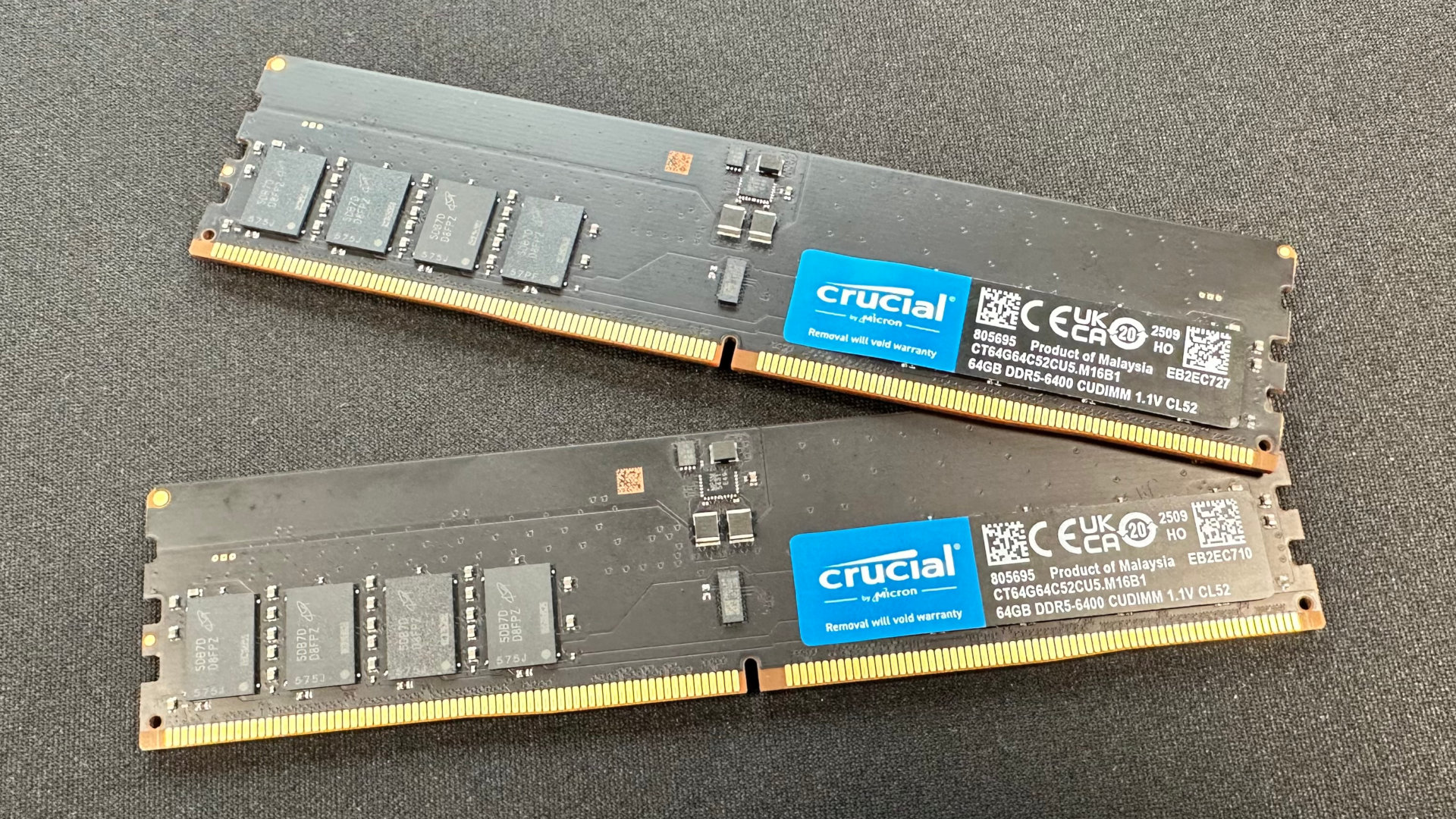Xbox's Phil Spencer on Game Pass, Steam and the Epic Games Store
Microsoft's executive VP of gaming also talks about Flight Simulator's return, Age of Empires 4, and acquiring Double Fine.
Why did you bring Flight Simulator back? What led to that moment?
We do have some pilots on the teams that are big fans of flight, and flight sims, and flying themselves, who are passionate about it, so we said, 'okay, let's see what we can do'. Flight Sim was a game in our past that sold millions and millions of units and had a very, very passionate community—in fact, they're still out there. So, okay. Can we do something new with Flight Sim? Can we actually move it forward in an interesting way?
I remember in February or March we were looking at gameplay that we had the option to bring and it was pretty close to what you saw on stage, we saw it [during the Xbox Briefing, the room just went silent as we were looking at this. Afterwards, it was Shannon Loftis [GM of Microsoft Studios Publishing] who brought it in, who happens to be a pilot, and I said, "is that the game?"
"Yeah, that's the game."
'You're going to have to put at the bottom that that's in-game. because nobody's going to believe that's in-game." You notice the video says '4K in-game'. And then I said, "why does it look like that?". There's 2 petabytes of geographical data behind that game, that they're then using Azure AI to stitch the seams together so as you're flying, you're seeing a seamlessly connected Earth. I was like "you've gotta put that in the video because it's one of the coolest things I've ever seen". It's using real geographical data, real weather data, to give you the ability to literally fly around what looks like a living planet.
That's new. To me, that's exciting. They can do it on Xbox and they can do it on Windows and it look like that on stage. This whole thing—'can we really put Flight Sim in an E3 press briefing, because Flight Sim's kind of its own thing, some people don't even call it a game'. But it was visually stunning in my mind. Maybe I'm a little bit too close to it.
To a PC-specific audience it shows you're conscious of them and of your history as a company.
Keep up to date with the most important stories and the best deals, as picked by the PC Gamer team.
So I'm glad you picked up on that. So Sarah Bond, who's our head of global partnerships, came out, did the Game Pass work with the indie montage and all those games that were coming to Game Pass, then announced Xbox Game Pass for PC and Xbox Game Pass Ultimate. The next games that were there—I didn't know if the PC community was going to be watching or not, but we went Flight Sim, we went Age, we went Wasteland—I wanted people to know that we want to make sure we're building games and supporting games that respect what the PC community loves.
The first game we announced in the subscription was Football Manager. We know that's a huge game on PC. They don't bring it to console—they reinforced that today, they're not bringing it to console—so we want to make sure that PC players understood that we're going in with our hand open so you can see what our motivation is. We're going to really put our development capability behind what we're saying.
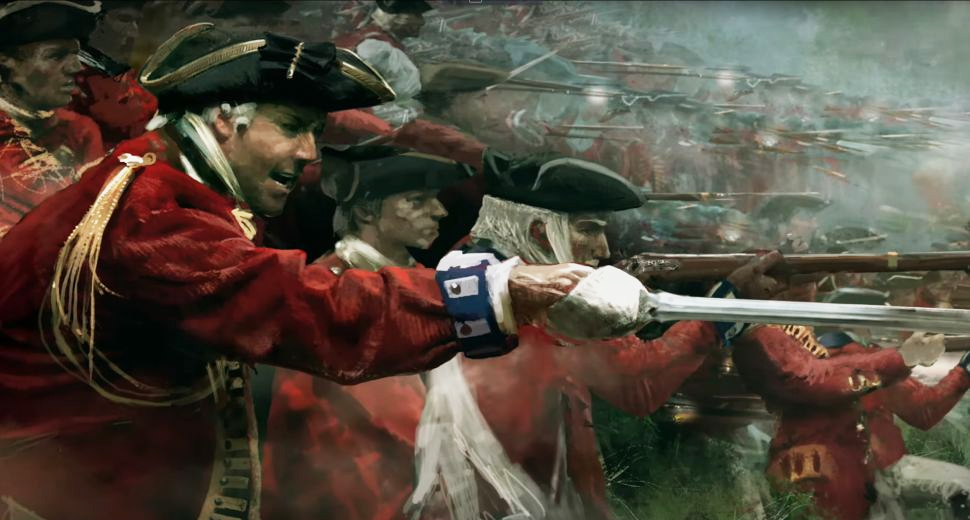
On a similar note, you threw a lot of support behind Age of Empires, which has been good to see. Age of Empires 4, though—it's been very quiet on that front.
We'll talk about it more this year. Relic's great as a studio, we're making good progress with it. One of the things I loved about our show [on Sunday] is the things that we didn't show. We had 60 games, 14 first-party games, with 12 shipping in the next year. And then I know, like okay, what's The Initiative working on? Where is Age 4, how's that going? I think Playground has a second team, what's going on with that? Where's Turn 10, they didn't show up?
So it was cool for us to be able to have a such a full show, and have some things like Age 4 that have been announced and haven't been shown in a while, other things that maybe aren't announced, to still be able to have those for us to continue to drive excitement, both through the year and potentially even next year's E3. But we'll talk more about Age 4, yeah.
Anything more you can say about it?
No, I want us to make sure we're doing that in the right context. The thing I would say is we've been incredibly impressed by Relic's capability. Obviously they're somewhat local to us being in Vancouver, and we know the studio. They did the best job of, 'here's what we think Age should go to'. And the other thing I'll say is, we are learning a lot revisiting Age 1, and Age 2. Those communities continue to exist, and they have large player bases, and there's a lot of feedback. So we're really getting good insight—even here as we're putting Age 2: Definitive Edition, which is playable on the floor, from those communities about things they'd like to see in Age 4, and that's important for us.
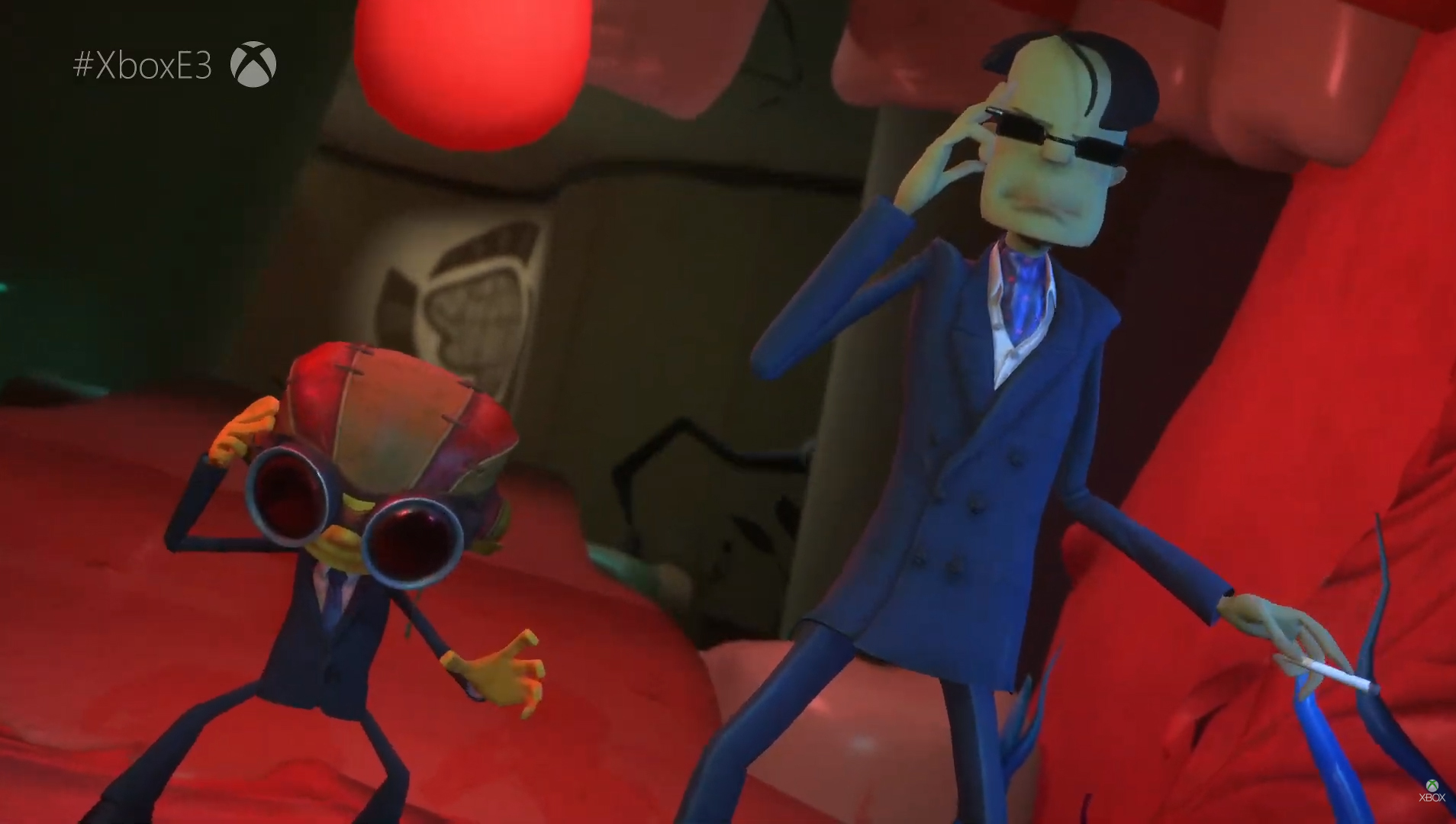
You've announced the acquisition of Double Fine and you've made a lot of acquisitions in the past year. Do you think you're done?
No. I don't think we're going to add eight more in the next year, but I think for us our first-party capability is really important. We don't have a quota. We could go two or three years without buying another studio—we could go forever without buying another studio. It's not something that we're checking a box, that we have to make sure every time we're standing on stage somewhere that we're announcing new studio acquisitions, but we can find great teams where we think we can add to their stability and capability as an organisation to build great things, and that was the conversation we were having with Tim [Schafer]. Having a great first-party organisation is critical to our long-term strategy. We're always talking to partners about what opportunities there are.
With Game Pass, I'm curious if you think that's going to affect the landscape of the traditional 60 dollar game, and I wondered how your acquisitions tied into that, because Double Fine doesn't really make those kinds of games. How much do you think about the different types of games that people play when you're making those calls?
Yeah, it's kind of two separate things. Definitely we think about the portfolio of our creative capability as it exists when we think about adding a new team and say 'do they bring something new?' You think about Double Fine and Brutal Legend and the games they've done over the years, Psychonauts. The thing I really love about Double Fine is they create high quality games that probably sit outside of the mainstream target of a lot of people, but they're able to do really unique things in what they build, which I think is awesome.
In terms of the impact on retail, just to use that, at any price point really, what we've seen on Xbox is games going into Game Pass actually sell better than games than games that aren't in Game Pass. The reason is, when your friends list lights up with 'everybody's playing Outer Wilds' or something, you don't really know how they acquired the game, but if you never heard of the game, or you're wondering why so many friends are playing, you're going to go and check it out. It's a great way for those games to gain exposure, to gain players, word-of-mouth recommendations.
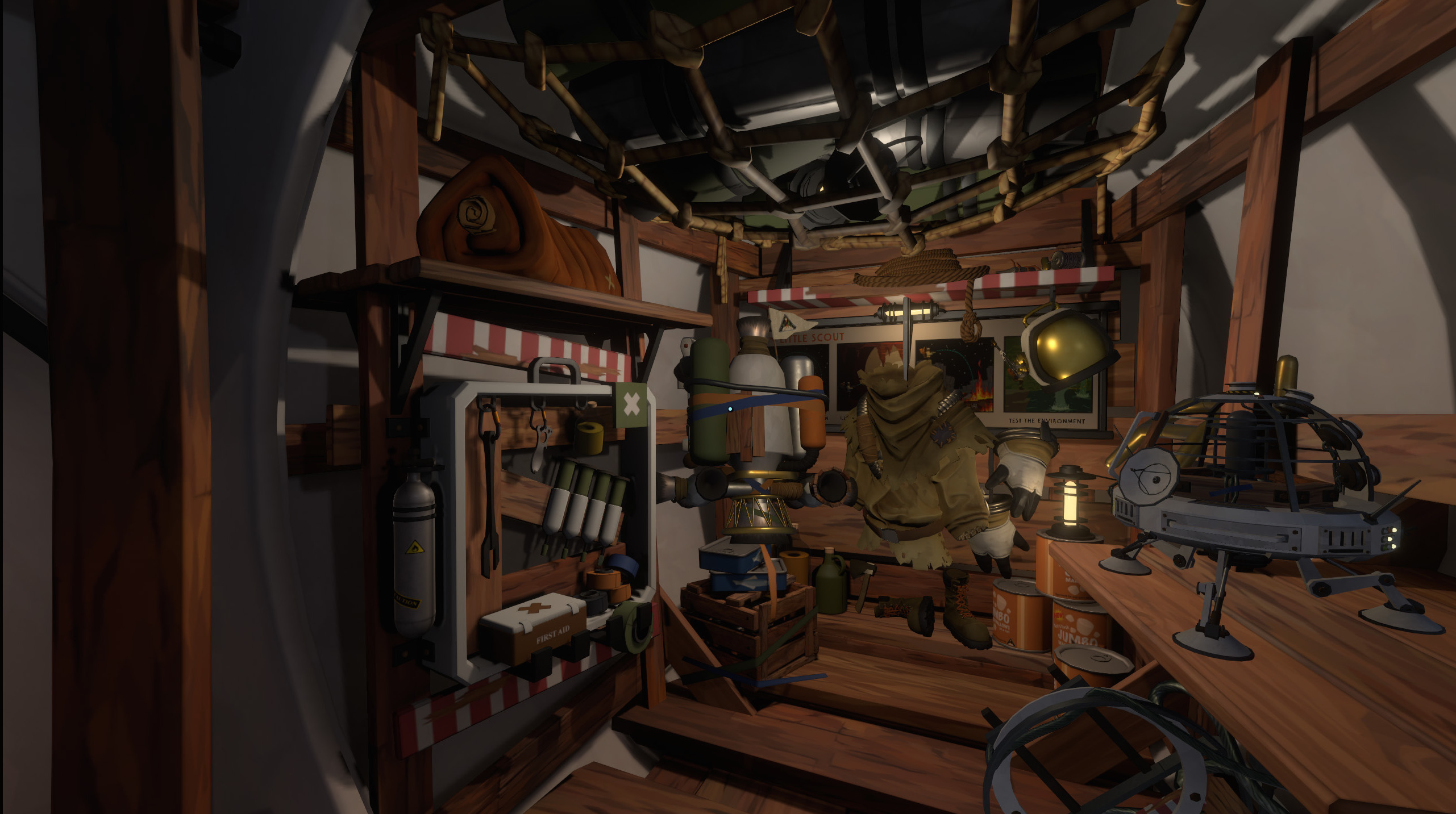
The number one thing that causes me to buy a new game is not a review or something else—no disrespect—but it's what my friends say. If my friends say 'yeah this is something you would love', that's huge to me, and 'let's play together', that's doubly huge to me. What we're seeing in Game Pass is it's an incredible way for creators to put their game into a community, which is really what Game Pass has become—a community of people that love to go play that frankly have a shared library. If you have any kind of game with co-op or competition in it, you instantly have millions of people that not only can play your game but can play together and become people that advocate. Many of the people, when they see the games being played, they're going to choose to go buy it, because not everybody's going to subscribe. We're not trying to build a world where you must buy or you must subscribe, we want to give you choice as a player.
The redesigned storefront was a long time coming, I think. What was behind the decision to tie that into the launch of Game Pass as opposed to launching it earlier? Obviously you've had several years now of launching your first-party titles on PC.
It goes back to that dialogue around 'what are we doing when we come to PC?'. I didn't just want to put another storefront out there because there are great storefronts that are there. Our differentiation we saw as Game Pass on PC, so it was just natural to us. Some preview people got it early, so it's not like we tried to hide it and make it some big reveal on stage, but we really looked at Game Pass as the thing that would become the service that made the new Xbox app have a reason for why it was coming. In a lot of ways, having Master Chief Collection start coming to PC was our content reason for the subscription—all of these things were coming together, which was nice.
Even if you look at the games that are available in our storefront to buy, we're really going to focus on the games that are in Game Pass or maybe even some of the franchise extension of those games at first. We're not out there saying 'we're going to bring every game that's available on other storefronts to our storefront', we're going to focus on the games that are linked in some way to the things that are in Game Pass at first and see where it goes.
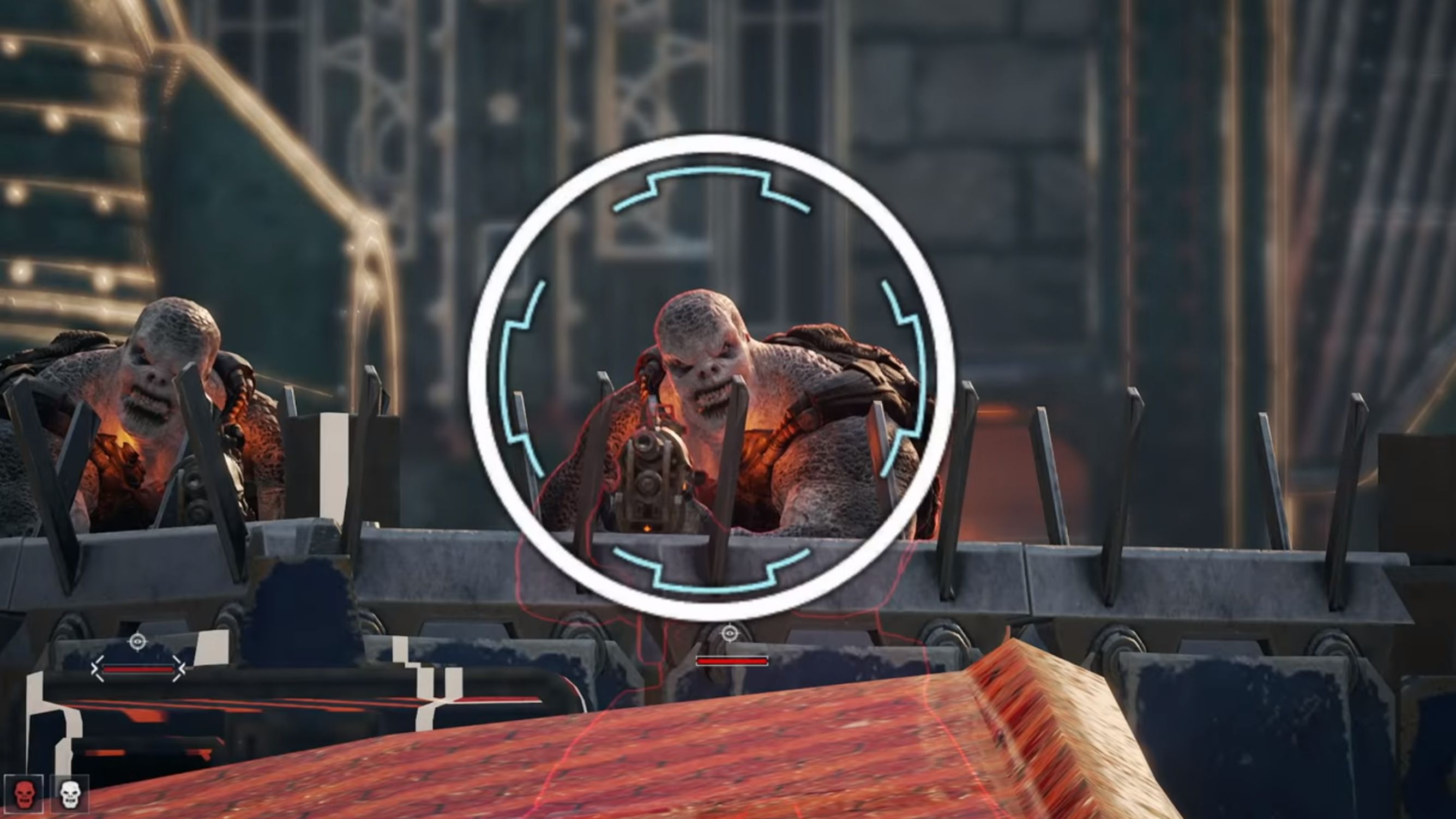
You have started making PC-only games. Do you have any more planned? How much do you think about PC exclusives?
I'm not a big exclusives person. I wanted to clarify with some things on stage, like with Minecraft Dungeons, it's going to be available on Xbox One and Windows PC. I think our players should expect that most of our games will be available on both platforms. There's certain things like [Age of Empires 2: Definitive Edition] that was written as a Win32 long ago with a different version of DirectX, trying to get that thing to come over is not completely impossible, but for most of the games—we definitely want to have a sensibility around where this game is primarily focused. When we say we want you to be able to play the games you want to play where you want to play them, we don't want to exclude console just like we don't want to exclude PC.
I think our fallacy in the past was when we said we were coming to PC, it was really 'how do we go port our console games to PC'? Sometimes even doing some silly things like not even having an exit command on the main menu of the game, which maybe we did in the last couple of years, which was really to me just showing that we weren't really leaning into what it meant to build a PC game, a game that the PC community would love. But I don't like to use exclusivity to drive things that we want to have happen. I want to put choice out there for our customers so they can vote with where they want to go play. It's why Game Pass Ultimate was important for us, so if you're someone who plays on PC and console you can subscribe to one thing, you get access to both subscriptions, you're able to play in both places. We see a lot of that. We see a lot of people who play certain kinds of games on PC, certain kinds of games on console, and certain games like Minecraft or Fortnite or something that they play on any screen that's in front of them.
There's been a big emergence of these subscriber models with Ubisoft announcing theirs this week. What do you make of that? Do you think the market for that might reach critical mass?
I definitely think you're going to see a few subscriptions be really viable. I don't think you're going to see one to rule them all, and I don't think we're going to see a hundred different subscriptions. For us we have a unique position as a platform holder on both Xbox and Windows, we're able to do things like Game Pass Ultimate. We're pan-publisher. We have over a hundred publishers supported right now in Game Pass. We've supported EA Access on Xbox since the day it launched, so we're not about excluding other people from investing in their business models and what works for them. I'm pretty certain today that Game Pass is the biggest gaming subscription out there, almost certainly. I do think for us as we get to scale very quickly—[Sunday] was a record-breaking day for us with Game Pass signups—that there will be a critical mass of players and games in that, that we think is very healthy. But I don't think we're going to see a hundred successful gaming subscriptions, I do think it'll consolidate down to a more manageable number for people.
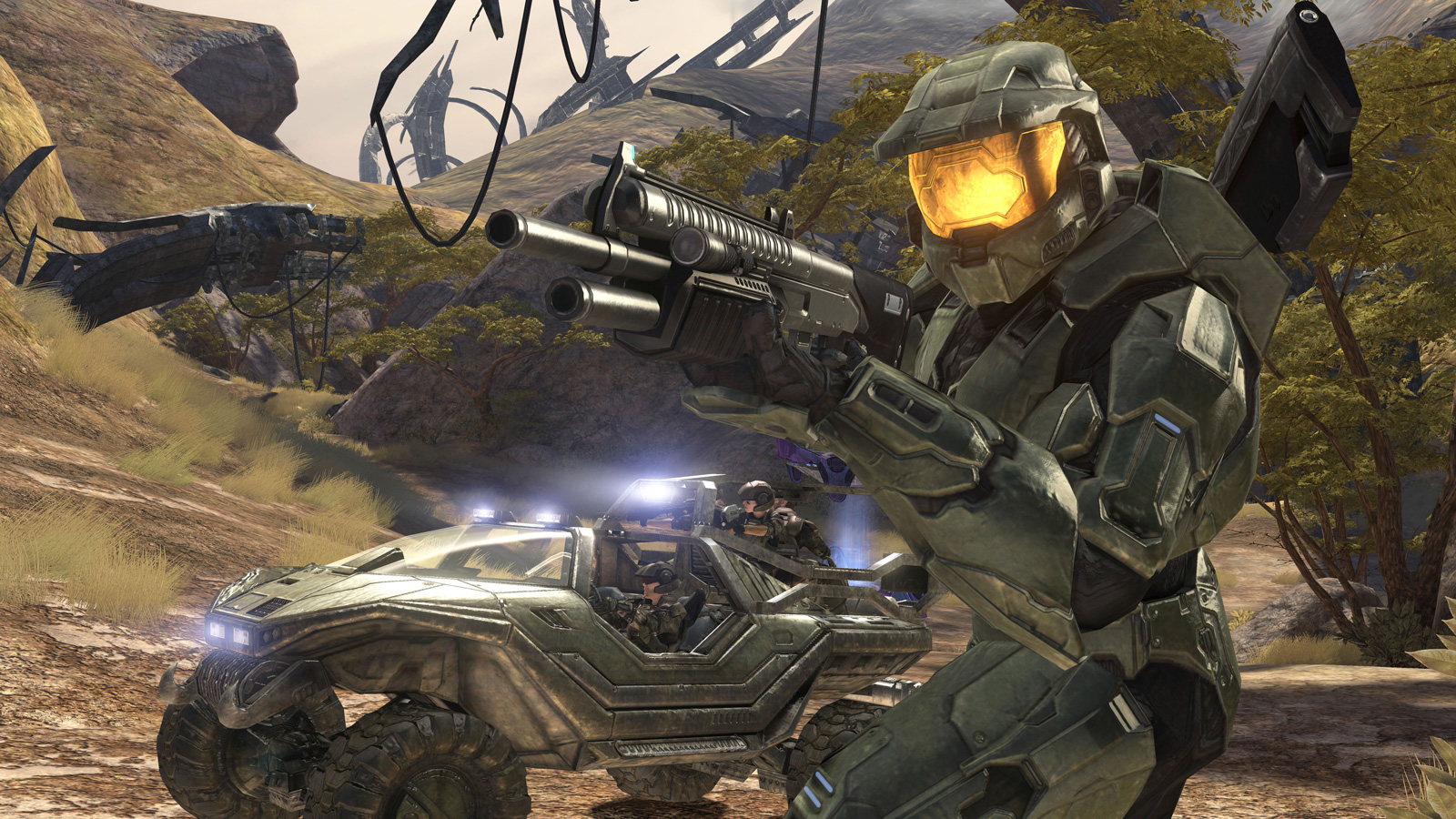
You say the day of your E3 briefing was a record day for Game Pass. On PC were you happy with the results?
It was incredible, seriously, it was—in fact I might even have said that our team sandbagged our internal forecasts a bit—but no, it was great, which means something. I'll say our relationship with the PC community has been one of rebuilding trust, and yes people are just signing up, people are just trying now, we can still mess it up, but from the announcement of Master Chief coming to PC, to the Xbox game bar and us trying to create real functionality. Not all PC gamers are going to use it, but we're trying to be very explicit that we want to bring value there to the redesign of the Xbox app. I really do appreciate the PC gaming community's early vote of confidence—I guess it only cost a buck to try [laughs], but seriously, we fundamentally believe we need to and have to be, and should be a constructive part of the PC gamer's lifestyle. Not the only part, but a constructive part of that. The early results even in 24 hours on PC Game Pass have been really great.


